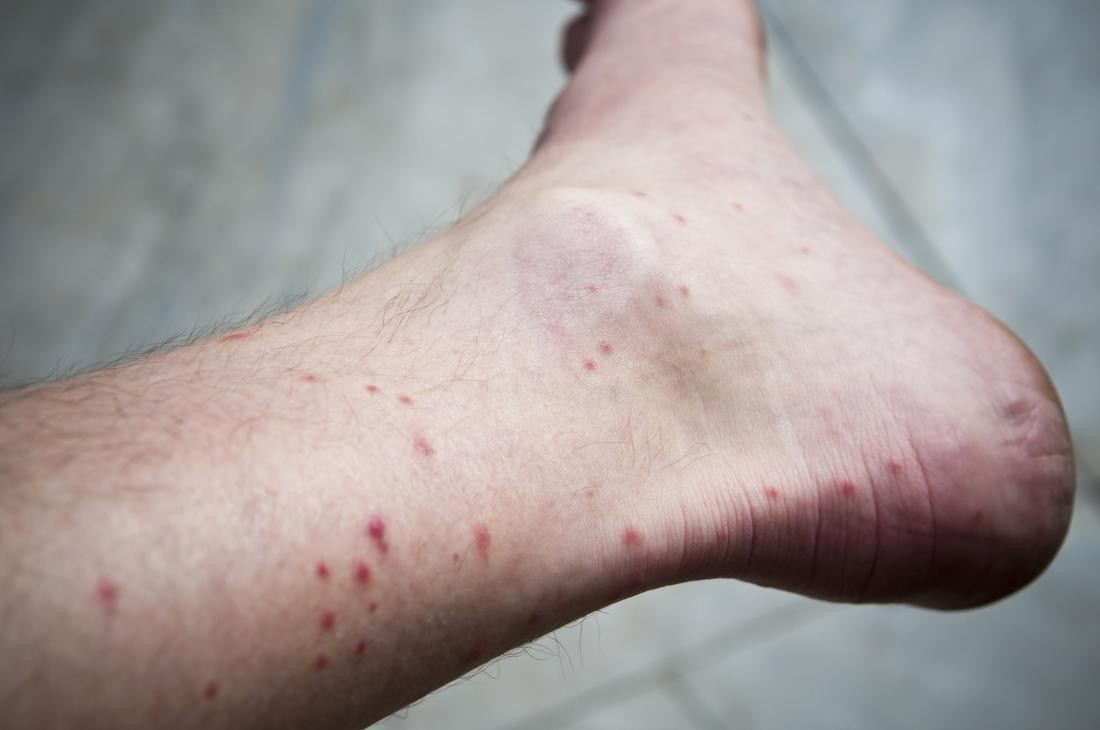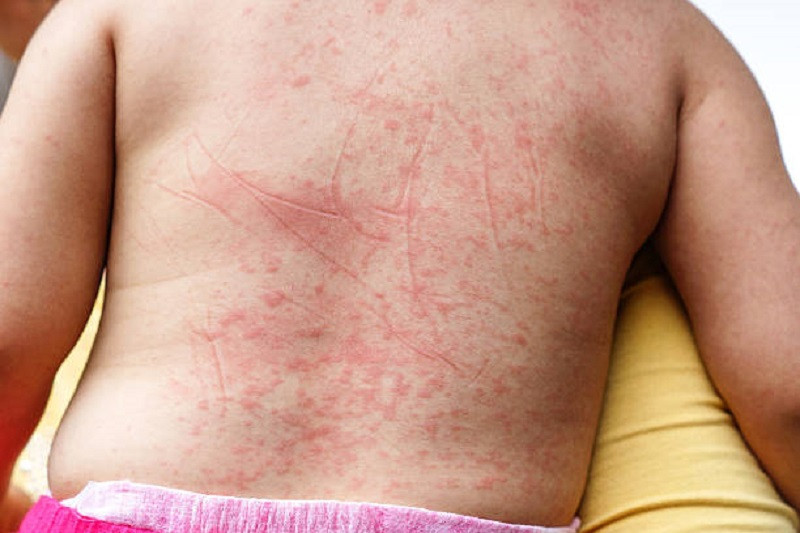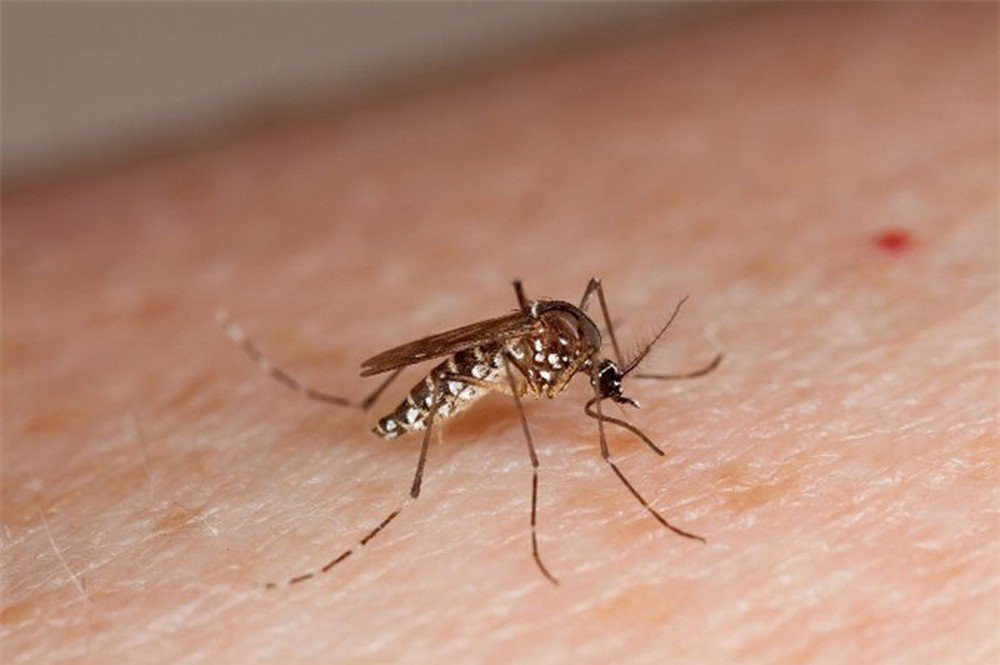Symptoms, causes and prevention
What is dengue fever?
Dengue fever is a mosquito-borne disease caused by the dengue virus, which occurs in tropical countries. In Vietnam, dengue fever often causes epidemics in the period from June to November every year. In which, the epidemic peak is around August and September.
Dengue fever pictures


The causative agent of dengue fever
Dengue fever is caused by the dengue virus that is spread to humans through mosquito bites. This virus has 4 serotypes (DEN-1, DEN-2, DEN-3 and DEN-4). In Vietnam, there are all 4 serotypes, which means that a person who has had dengue fever type 1 (DEN-1) can still have other serotypes.
When a mosquito carries the dengue virus, when it bites a person, the virus from the mosquito’s salivary glands will enter the blood of the person and cause dengue fever. There are two types of mosquitoes that transmit the disease: Aedes aegypti (the midges) or Aedes albopictus (the Asian tiger mosquito). In particular, mosquitoes bite, suck blood and transmit dengue virus both during the day and at night, especially in the early morning and evening.
Dengue fever symptoms through stages
The disease usually has a sudden onset and progresses through four stages
Incubation period: 3 – 10 days (can last up to 14 days), often without symptoms.
Fever phase: The patient has a sudden, continuous high fever, there may be chills accompanied by headache, loss of appetite, nausea, muscle and joint pain and pain in the eyes. Congestive skin, often with petechiae under the skin, may have bleeding gums or nosebleeds.
Critical phase: usually on 3-7 days of illness. The patient still has a fever or has decreased fever. There may be lethargy, eyelid edema, pleural and peritoneal effusion, hepatomegaly, pain may be present, there may be signs of mucosal and visceral bleeding.
Recovery phase: After 24-48 hours of critical phase. The patient’s fever is gone, his general condition is better, he eats and sleeps better, his blood pressure is stable, and he urinates a lot.
Dengue fever is dangerous?
Dengue fever has no specific treatment and no vaccine. If the disease is not treated in time, it can lead to many complications healtheven death.
The first complication is shock due to blood loss, plasma leakage. If this condition persists, plasma fluid can pool in the meninges through the vessel walls, causing cerebral edema and neurological syndromes, leading to coma. Plasma drainage can overflow, enter the respiratory tract, cause respiratory inflammation, pleural effusion, pneumonia or acute pulmonary edema, if not treated immediately, life can be threatened.
The second complication is a sudden drop in blood pressure due to blood loss and plasma leakage. If not treated promptly, the patient can bleed to the brain, very easy to die.
In addition, dengue patients may have heart failure due to continuous bleeding, the heart does not have enough blood to circulate. When the heart is not able to pump blood, plus hemorrhagic plasma will cause pericardial effusion, causing stasis. The kidneys also have to work at full capacity to excrete plasma in the urine, eventually causing acute kidney failure.
Dengue can also lead to two eye complications: sudden blindness due to retinal hemorrhage, or hemorrhage in the vitreous (a type of mucus in the eyeball that helps see things clearly). When there is bleeding, this layer of fluid will be covered and dissolved, making the patient almost blind.
For pregnant women, dengue fever causes high fever in pregnant women, faster fetal heart rate, affecting the fetus. Pregnant women are also at risk of low platelets leading to bleeding. If you have dengue fever in the first months of pregnancy, you are very likely to have a miscarriage.
For children with dengue fever, the risk of hypotension and dehydration is greater because the proportion of water in the child’s body is often higher than that of an adult. Elderly people with pre-existing medical conditions such as high blood pressure, kidney disease, and liver disease are likely to make their disease worse when they have dengue fever.

Is dengue fever contagious?
Dengue fever is not transmitted through saliva or respiratory secretions, so contact with an infected person will not spread the disease. Dengue fever is only spread through mosquito bites. Mosquitoes suck the blood of an infected person or a person infected with dengue virus without symptoms, then bite a healthy person, then transmit the virus to the healthy person.
In a dengue outbreak, for every 1 typical case, there are dozens of latent carriers of the virus, who have no symptoms but still have the potential to be a source of disease to infect others. During the epidemic season, you can hardly be sure that you are not in an outbreak or that the people around you are not carrying a potential virus. Therefore, it is necessary to proactively prevent disease for yourself and your family.
How to treat dengue fever
Dengue hemorrhagic fever has no specific treatment, so it is mainly symptomatic treatment. Duration of treatment is from 7-10 days, counting from the first day of fever.
Patients can be treated at home after being examined by a specialist, tested, and advised on a treatment plan, monitoring, and outpatient care. Encourage the patient to drink plenty of oresol water or cooled boiled water, fruit juices (coconut, orange, lemon, etc.), thin porridge with salt.
When the patient has a fever, can wipe the body with warm water, take the antipyretic drug Paracetamol alone, the dose is 10-15 mg/kg/time, every 4-6 hours. Absolutely do not use Aspirin, Analgin, Ibuprofen to treat fever because it can aggravate bleeding, increase the risk of stomach bleeding, which is life-threatening.
Notify medical staff when there are signs of burning blood such as: nosebleeds, tooth roots, black stools, lethargy … for timely treatment.
How to prevent dengue fever
To prevent dengue, it is best to kill mosquitoes, larvae/larvae, and prevent mosquito bites.
Specifically, eliminate mosquito breeding places, kill larvae/larvae by: covering all water containers to prevent mosquitoes from entering and laying eggs; release fish or maze (Mesocyclops: small crustaceans that eat larvae) into large water containers (tanks, wells, jars, jars…) to kill larvae/larvae; Wash small and medium water containers weekly.
Collect and destroy waste items in and around the house such as bottles, jars, bottle fragments, broken jars, butter pipes, coconut shells, old tires/cases, bamboo niches, leaf sheaths…, clean up environment, turn water containers upside down when not in use. Put salt or oil in a bowl of water for the bottom of the cupboard/cupboard, change the water in the vase.
Prevent mosquito bites by: wearing long-sleeved clothing; sleeping in nets even during the day; use mosquito repellent spray, mosquito scent, mosquito repellant cream, electric mosquito net…; use curtains, mosquito nets impregnated with insecticides; For people with dengue fever to lie in bed, avoid mosquito bites to avoid spreading the disease to others.
In addition, it is necessary to actively coordinate with the authorities and the health sector in spraying chemicals to prevent and control the epidemic.
at Blogtuan.info – Source: vietnamnet.vn – Read the original article here


